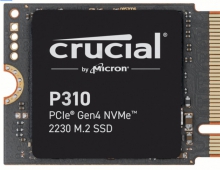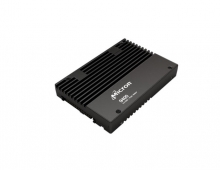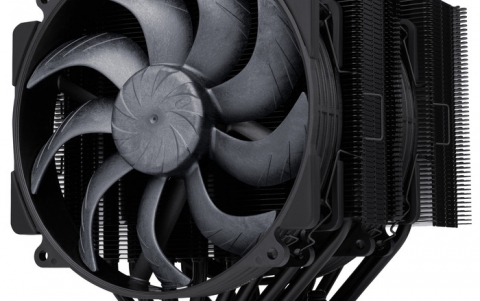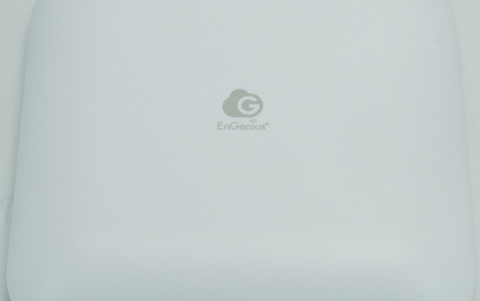Micron M600 128GB SSD review
10. Final words
Although the 128GB version of the drive we tested here cannot represent the overall performance profile of Micron's M600 complete series, it was interesting to see how the Dynamic Write Acceleration performs in practice.
In a cost driven client segment market, Micron's approach to offer the Dynamic Write Acceleration makes sense, as it could differentiate itself from other SSDs. Using an SLC cache in small-capacity SSDs is now new, but Micron's implementation is interesting, although it could have a small impact in the drive's performance for applications for which this feature was not designed. For instance, write operations tend to occur in bursts in a typical client computing environment. But if sustained write traffic continues beyond the acceleration capacity, performance dips may occur. It could be interesting to see further optimizations of the Dynamic Write Acceleration that could also help the SSDs' performance under heavier workloads.
The overall performance of the 128GB M600 SSD was good throughout our benchmarks. In most cases, the M600 will stay within the same performance levels of the MX100 and the M550 SSDs. But we would like to see further improvements from Micron's latest generation SSD, enough to make it reach the top and outperform other approaches, such as Samsung's 840 EVO, which utilizes TLC NAND with smaller SLC caches.
Although the 16nm NAND flash memory in the drive is still new, it offers relatively high endurance ratings. And the Dynamic Write Acceleration plays a role in the drive's endurance. That's definitely a plus for Micron as it makes its latest SSD attractive to OEMs.
As an OEM-only product, the M600 will not be available through the usual retail channels. Prices are $80/$140/$260/$450 for the 128GB/256GB/512GB/1TB versions, respectively. Of course pricing will depend on the quantity ordered but still, the M600 enjoys a price premium over the MX100.
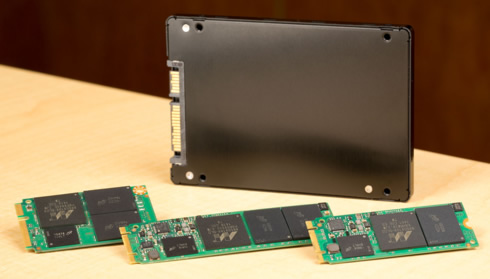 |






